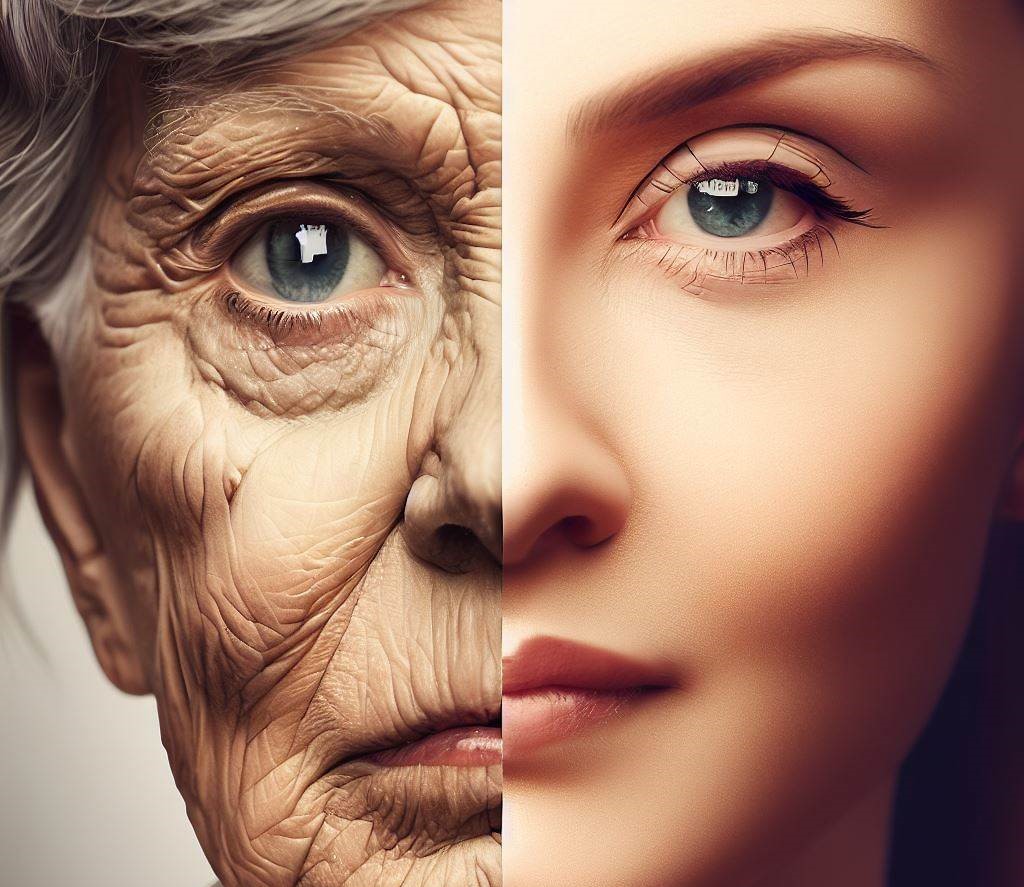Health Tech
This big concept will
change medicine
At the “Beyond 2030” conference last week, RGA’s Dr Adela Osman gave a dramatic insight into the future of health, writes ARTHUR GOLDSTUCK.
As almost every sphere of human endeavour is being transformed by data availability and emerging technology, it will surprise exactly zero percent of humans that healthcare is undergoing a radical change.
By the end of this decade, many aspects of medical practice will be unrecognisable from today, let alone the beginning of the 21st century. But so fast is the pace of change and innovation, few can point to precisely where the biggest change will happen.
One of those few is Dr Adela Osman, vice president and head of global medical for RGA, an international life and health reinsurance group. In a talk at a “Beyond 2030” conference hosted by RGA in Johannesburg, Cape Town and Durban this week, she said that four big concepts were about to change medicine: Aging as a malleable concept; the digitisation of everything; artificial intelligence leading to augmented and intelligent medicine; and medicine being personalised.
The last three are standard elements of current forecasts and expectations, and most of us can appreciate why they are so significant. But aging becoming malleable? Many would think it reminiscent of fictional quests for the fountain of youth.
Aging becomes a significant issue for everyone, and good news is beginning to emerge – beyond cosmetically hiding our ages.
“Physiologically, aging is a functional decline as a result of wear and tear of our bodies,” said Osman. “We know that the older you get, the more likely you are to have diseases. And the reason we continually get more and more diseases is because, when living cells age, they literally grow sick, and they die. And it initiates a cascade of events.
“These events include inflammation and cell destruction, and that’s the actual physical aging process.”
It appears untreatable, but now a major breakthrough has occurred. Researchers at the University of Columbia have found a method to record the way cells age at a molecular level, and to monitor that process.
“And if we are able to monitor and know exactly how this happens, then the possibility of being able to quantify it and reverse it is definitely something within our grasp.”
“It now gets us to a point where we start focusing more on your biological age as opposed to your chronological age. We are very fixated in this (health) industry on chronological age, but I think we’re going to have to start looking at biological age as we go forward.”
Here, too, researchers are making breakthroughs.
Osman focuses heavily on telomeres, “essentially the little cap a protective protein has at the end of our chromosomes”. Every time a cell divides, the telomeres shorten in length.
“We have now started to use these little telomere caps as biological markers for aging because, if we can measure how quickly it’s degrading, we can see how quickly that cell is aging. A lot of therapy now is focusing on these telomeres.”
For example, telomerase is an enzyme that is being used to stop the degradation and shortening of telomeres. This, in turn, can start addressing conditions like diabetes, cardiovascular diseases, and Alzheimer’s disease, all of which are associated with the decrease of the protein cap.
“If you have an enzyme that’s able to stop or slow this, what does it mean? Can we stop the cell dividing until it dies, and maybe continue dividing forever?”
Recent work with people who had premature vascular aging syndrome, in which their cells were treated with telomerase in a lab, showed that the lifespan of those cells could be increased by 20%.
“They also found that there’s a lot of positive impact on other diseases, like increasing insulin sensitivity, managing osteoporosis and bone density, and even increasing muscle coordination.
“Essentially, what you’re doing now is turning the clock back on aging.”
* Arthur Goldstuck is founder of World Wide Worx and editor-in-chief of Gadget.co.za. Follow him on Twitter and Threads on @art2gee









